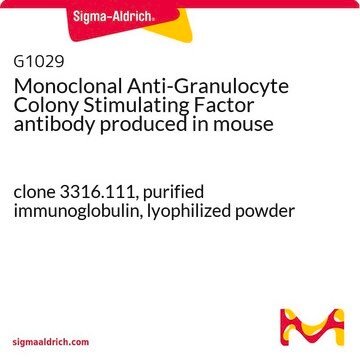G8540
L-Glutamine
99.0-101.0%, suitable for cell culture, non-animal source, meets USP testing specifications
Synonym(s):
(S)-2,5-Diamino-5-oxopentanoic acid, L-Glutamic acid 5-amide, Levoglutamide
About This Item
Recommended Products
product name
L-Glutamine, meets USP testing specifications, suitable for cell culture, 99.0-101.0%, from non-animal source
biological source
non-animal source
Quality Level
Agency
meets USP testing specifications
Assay
99.0-101.0%
form
powder
optical activity
[α]20/D 31.5 to 33.0°, c = 10 in 2 M HCl
[α]20/D 6.3 to 7.3°, c = 4 in water
technique(s)
cell culture | mammalian: suitable
impurities
endotoxin, tested
color
white
mp
185 °C (dec.) (lit.)
solubility
H2O: 25 mg/mL
cation traces
As: ≤1 ppm
Fe: ≤10 ppm
NH4+: ≤0.10%
application(s)
agriculture
functional group
amide
storage temp.
room temp
SMILES string
N[C@@H](CCC(N)=O)C(O)=O
InChI
1S/C5H10N2O3/c6-3(5(9)10)1-2-4(7)8/h3H,1-2,6H2,(H2,7,8)(H,9,10)/t3-/m0/s1
InChI key
ZDXPYRJPNDTMRX-VKHMYHEASA-N
Gene Information
rat ... Ggt1(116568)
Looking for similar products? Visit Product Comparison Guide
General description
Application
- as a component of the serum-free medium to culture mice cochlear organotypic cells.
- as a supplement in Dulbecco′s modified Eagle′s medium-nutrient mixture F-12 (DMEM/F-12) medium for culturing mice seminiferous tubule segments.
- as a supplement in Roswell Park Memorial Institute (RPMI) 1640 medium to culture human monocytic cell line.
Biochem/physiol Actions
Other Notes
Application
comparable product
related product
Storage Class Code
11 - Combustible Solids
WGK
WGK 1
Flash Point(F)
Not applicable
Flash Point(C)
Not applicable
Personal Protective Equipment
Certificates of Analysis (COA)
Search for Certificates of Analysis (COA) by entering the products Lot/Batch Number. Lot and Batch Numbers can be found on a product’s label following the words ‘Lot’ or ‘Batch’.
Already Own This Product?
Find documentation for the products that you have recently purchased in the Document Library.
Customers Also Viewed
Articles
Importance and uses of glutamine in hybridoma and mammalian cell culture
Importance and uses of glutamine in hybridoma and mammalian cell culture
Importance and uses of glutamine in hybridoma and mammalian cell culture
Importance and uses of glutamine in hybridoma and mammalian cell culture
Chromatograms
application for HPLCapplication for HPLCOur team of scientists has experience in all areas of research including Life Science, Material Science, Chemical Synthesis, Chromatography, Analytical and many others.
Contact Technical Service






